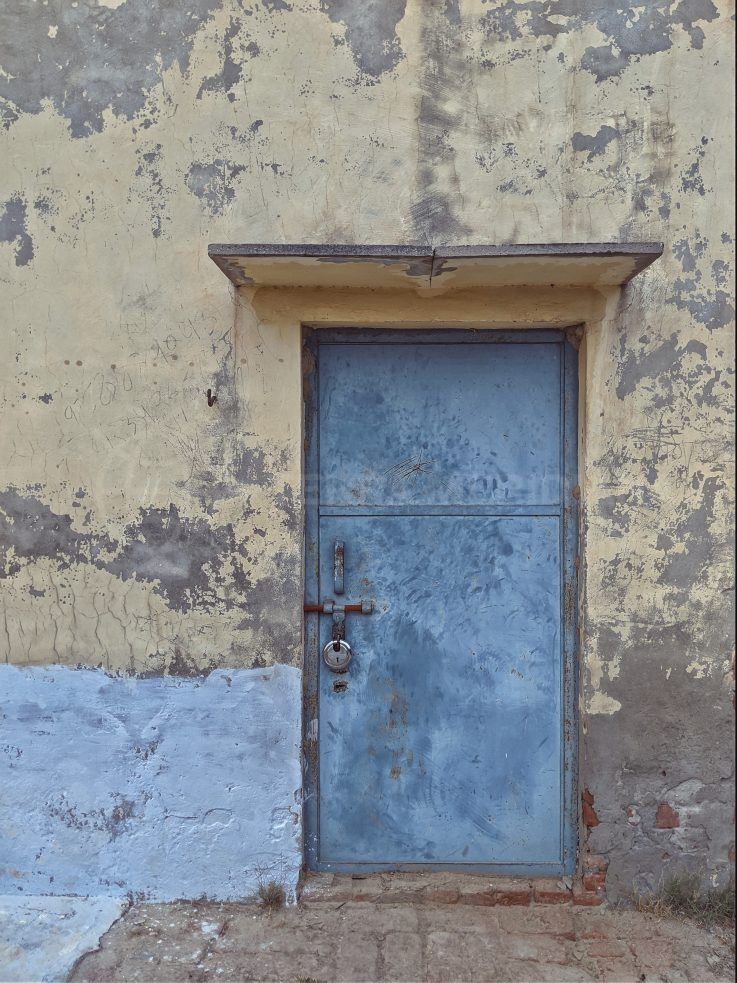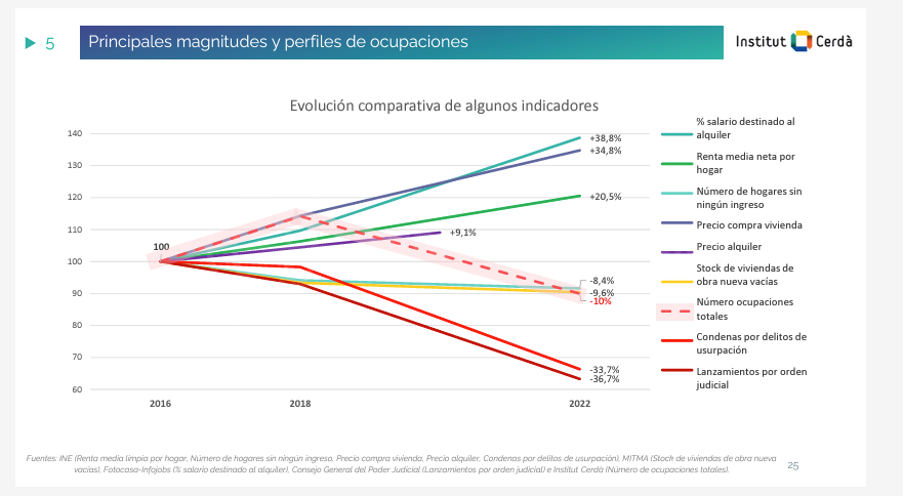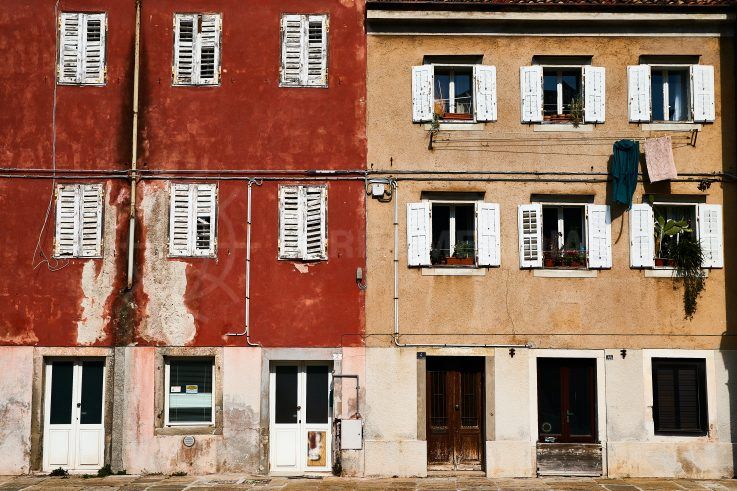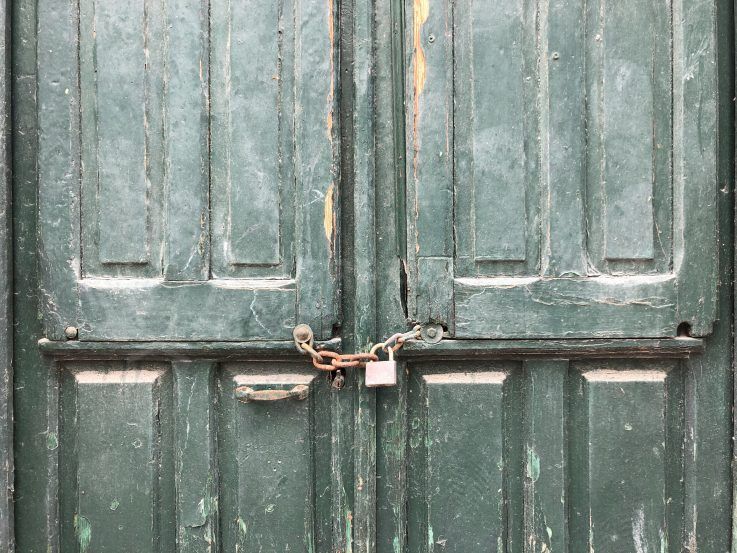
Opinion
Squatting: growing problem or growing panic?
At the end of November, a long-time squat or “okupa” in Spanish was raided in Barcelona, leading to several arrests. This reignited a debate in Spain about squatting and spurred a flurry of articles and denunciations of the current government.

The Squatting Issue in Spain
Squatting is an issue that emerges as a result of a section of the population being unable to afford basic housing. The problem is exacerbated by a rental market which is suffering a chronic shortage of properties to rent at a reasonable price. Sadly, government attempts to address the issue, specifically with the new housing law, are only making matters worse. I have discussed this previously, but it’s worth restating that the new law will discourage private investment without replacing it with anything else.
What’s more, the burden of dealing with squatting is being laid at the feet of homeowners and landlords, including the costs associated with evicting squatters. It’s all stick and no carrot, all pain and no gain for everyone concerned.
Media Misrepresentation and Reality of Squatting
The current media focus on squatting, rather than bringing light to the issue and solutions, is obscuring it. Politicians and the media are fear-mongering that a criminal underclass exists, intent on occupying anyone’s home for profit or just for the thrills. But this is untrue or at least not fully true on a number of levels.
To read the statements in the media, the picture that emerges is of an insurmountable and unbearable crisis. This does not actually fit the situation. To be sure, there are tens of thousands of squatted houses, and the number of “denuncias” (complaints) to the police for squatting began to climb after 2016 until 2022 when they began to decline. But the issue is far more complex than the media and opposition parties, jockeying to build support would have you believe. For instance, newspapers regularly report that the number of squats has increased, but, in fact, the number of squatted houses has declined since 2016 from 87,000 to 78,000 in 2023.
Addressing the Housing Crisis and Squatting
Rents have been rising far faster than incomes in Spain. As the same study by InstitutCerdá that I quoted earlier noted, rent now takes up over 40% of income for the lowest income quintile, putting housing out of reach for many. With such financial pressures and empty buildings, particularly in the cities, some resort to squatting out of economic necessity rather than criminal opportunism.
In Barcelona, the average squatter is between 36 and 45 with dependent children. 72% are Spanish nationals. This matches the profile of vulnerable families rather than the media stereotype of anarchist hippies.
The following chart from the Cerdá study shows some of the trajectories discussed above. As you can see, there is a fall in the total number of okupas. The chart also demonstrates that Spaniards are having to use a growing percentage of their monthly income to cover their rent.

Spain spends just 35 euros per person per year on social housing, compared to 439 euros in the UK. It is the lowest in Europe. Without affordable options, it is unsurprising that some turn to squatting out of necessity. But instead of constructive policy solutions, politicians exploit fears over squatters to avoid addressing the root of the problem.
No major party has committed to seriously expanding social housing or funding its development with private sector incentives. Instead they exploit fears over squatters to appear “tough on crime” without constructive solutions. Or they dwell on the plight of poor squatters who are being forced out by uncaring large multinational landlords such as investment funds.
Rather than address housing affordability, the issue is pushed into the courts, which are now overwhelmed. Evicting a squatter takes 10-11 months at trial level and a further 9-10 months if appealed, for a total of around 20 months. With such delays, it is understandable some property owners feel aggrieved, but the root of the problem remains unaddressed.
Conclusion: Towards Evidence-Based Solutions
We need an evidence-based approach, increasing the construction of affordable housing to provide real options. Rather than political rhetoric, governments should offer tax breaks, low-cost loans and other financial incentives for private developers to increase Spain’s inadequate affordable housing stock. Where market incentives fail, direct public investment in social housing is warranted.
Squatting undeniably happens and causes difficulties for some property owners. 78,000 homes – even if it only represents 0.4% of the Spanish housing stock – isn’t nothing. That represents thousands of property owners who must spend their time and money dealing with a problem that has been offloaded onto them.
However, politicians and too many media outlets have exploited the situation to generate disproportionate fears of a widespread crisis. We must address the root economic causes rather than whip up moral panic. Evidence-based policymaking, not political rhetoric, will reduce squatting.
By Adam Neale | Opinion | January 23rd, 2024
Related Posts


